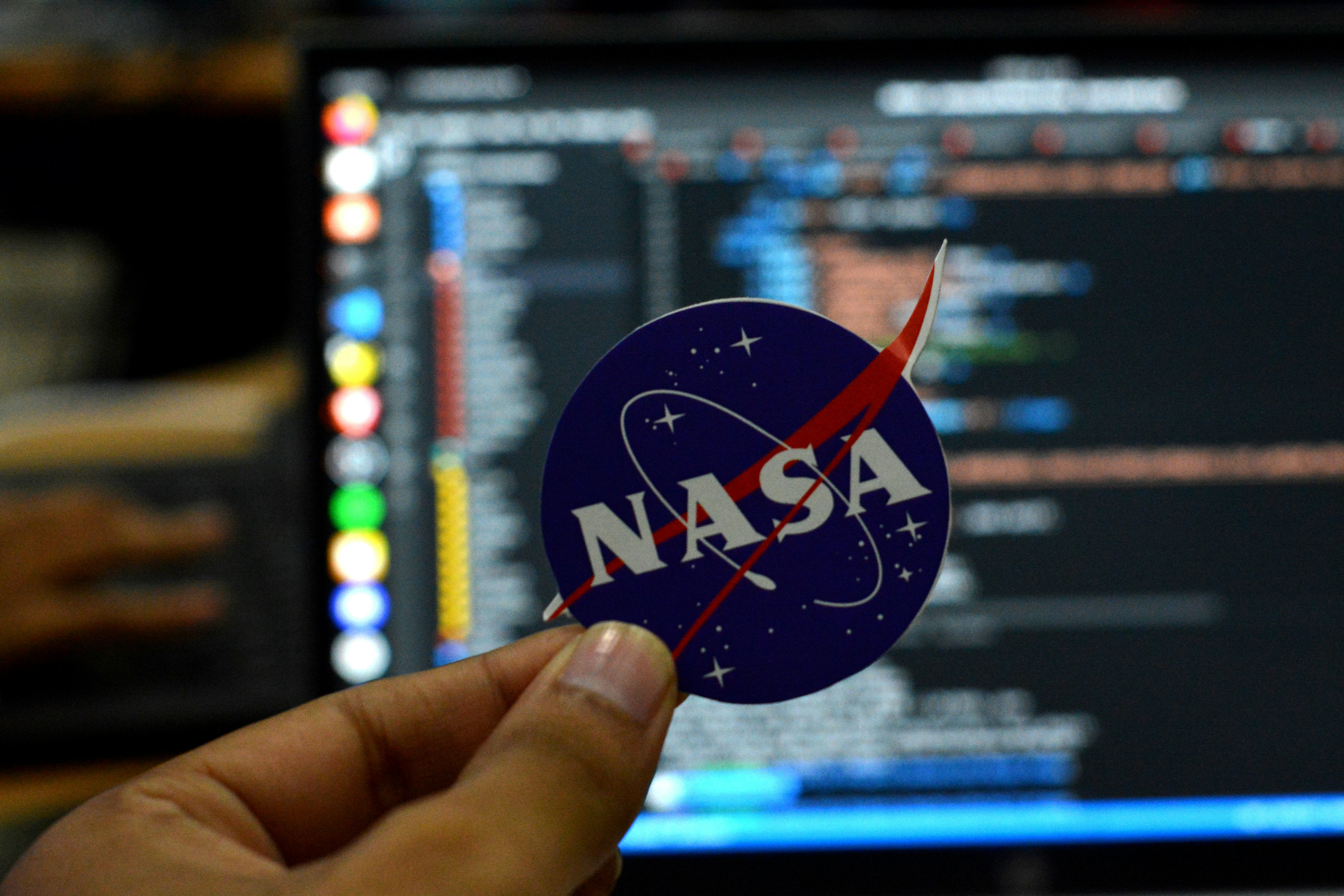
Seattle’s scooter and bike share program is navigating a little bit of a bumpy street as one firm with units on metropolis streets has filed for chapter and one other is reportedly shutting down operations.
Chicken filed for chapter on Wednesday, saying in a information launch that the “monetary restructuring course of” is aimed toward “strengthening its stability sheet and higher positioning the corporate for long-term, sustainable development.”
Chicken first obtained a allow to function electrical scooters within the metropolis in 2022. This summer season the corporate added bikes to the combo, and as of this month had a fleet of greater than 1,800 items within the metropolis, in line with knowledge from the Seattle Division of Transportation.
Miami-based Chicken mentioned it’ll function as traditional through the chapter course of, “sustaining the identical service for its riders and upholding its commitments to companion cities, fleet managers, and staff.”
A Chicken spokesperson confirmed in an e-mail to GeekWire that that dedication applies to Seattle, the place the corporate plans to proceed a “robust relationship with the Metropolis administration to make sure the right variety of scooters are deployed.” Chicken mentioned it expects to proceed to function with its similar native crew of staff.

In the meantime, Superpedestrian, makers of LINK e-scooters, is reportedly shutting down U.S. operations on the finish of December, in line with a TechCrunch story final week and posts by staff on LinkedIn. The Cambridge, Mass.,-based firm raised $125 million final 12 months, however TechCrunch reported that the rationale for the shutdown was monetary.
Superpedestrian obtained Seattle allow approval similtaneously Chicken in 2022, and the corporate deployed greater than 2,100 scooters throughout peak driving season this summer season.
A media consultant with SDOT mentioned Wednesday that the corporate “will gather as many misplaced/lacking scooters as attainable” in Seattle by the tip of December.
GeekWire reached out to Superpedestrian for remark and can replace this story after we hear again.
Seattle was the primary metropolis within the nation to pilot free-floating, rentable bicycles in 2017. By the tip of that 12 months, there have been 10,000 such bikes scattered throughout the town as bike sharing took off. Neon inexperienced, yellow and orange bikes additionally turned a fixture of the panorama in not-so-great methods, too.
Dockless e-scooters first arrived in Seattle as a part of pilot program launched by the town in 2019. By that point, scooters for lease had cropped up in additional than 100 U.S. cities, reshaping the city transportation infrastructure within the blink of a watch.

Firms comparable to Wheels and Spin operated scooters through the pilot, however didn’t make the lower for brand spanking new permits in 2022, leaving Chicken, LINK and Lime, which additionally operates e-bikes. One other firm, Veo, now operates its Cosmo e-bikes within the metropolis, with simply over 1,000 deployed this month.
Lime is at the moment working at its cap of two,000 bikes and a couple of,000 scooters. It reached a peak of 5,000 whole deployed units this summer season, with Metropolis approval to serve the excessive season. Lime additionally noticed its highest ridership ever in Seattle, with 3.2 million rides in 2023.
“Lime will proceed to serve the Metropolis of Seattle as we speak and into the longer term,” a Lime spokesperson mentioned in assertion to GeekWire. “We all know riders depend on shared e-bikes and e-scooters each day for handy, emissions-free transportation, and we’re ready to supply our assist to make sure there isn’t a lapse in service for Seattle residents and guests.”
SDOT mentioned Wednesday that it’s evaluating subsequent steps whereas it expects Lime, Veo and Chicken to proceed providing bike and scooter share providers.





